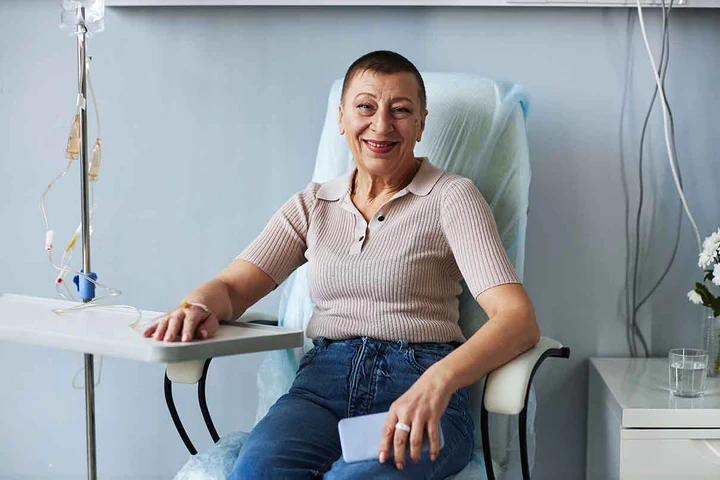When it comes to receiving chemotherapy treatment, age can play a significant role in how a patient responds to the therapy. Understanding the relationship between age and chemo is crucial for both patients and healthcare providers.
How does age affect chemotherapy outcomes?
Research has shown that older adults may experience different side effects and outcomes compared to younger patients when undergoing chemotherapy. Older individuals may be more susceptible to certain side effects such as fatigue, nausea, and cognitive issues. Additionally, older patients may have a higher risk of developing complications during treatment.
Are there differences in treatment approaches based on age?
Healthcare providers often take a patient’s age into consideration when determining the appropriate chemotherapy regimen. Older adults may receive lower doses of chemotherapy drugs or undergo less aggressive treatment plans to minimize the risk of side effects. In contrast, younger patients may be able to tolerate higher doses of chemotherapy.
What factors should be considered when treating older patients with chemotherapy?
When treating older adults with chemotherapy, healthcare providers must consider various factors such as overall health, existing medical conditions, and functional status. These factors can influence the decision-making process when determining the most suitable treatment approach for older patients.
Overall, age is an important factor to consider when undergoing chemotherapy treatment. By understanding the impact of age on chemo outcomes, healthcare providers can tailor treatment plans to meet the individual needs of each patient, ultimately improving the overall quality of care.







